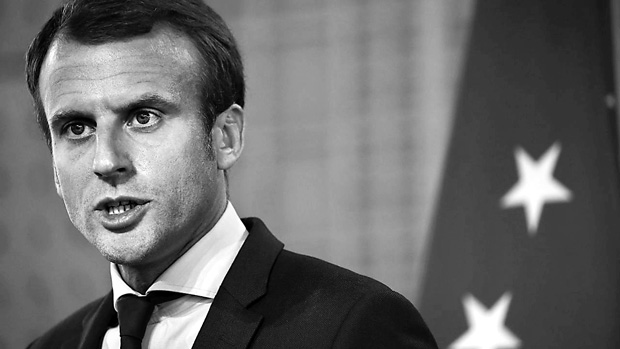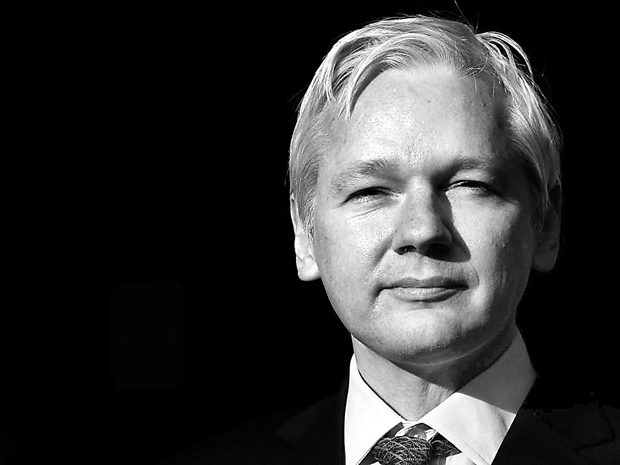Reply To:
Name - Reply Comment

For cyber security experts mainly focusing on the contentious notion of cyber war, year 2017 is the 10 years anniversary of the first recorded cyber war, pitting Estonia against hack attacks allegedly sanctioned by Russia but to datethere is noreal forensic evidence to prove this claim. Between April and May of 2007 Estonia suffered a series of cyber attacks in the form of denial of service attacks which disrupted both commercial and state operations in a mass scale. This attack for many formed the text book case study into interstate cyber rivalry and heighted interest inresearch into cyber war.
Research into cyber war did not just stop being an intellectual exercise it became a serious policy debate which led to the creating of various cyber initiatives to counter cyber attacks globally. Yet the preparations for cyber war in 2007 did not see a softer but deadlier version of cyber attacks that could mainly strike democracies in the form of alternative political narratives that can undermine the integrity of the political system and values of the states by coordinated efforts of a third party of an adversarial state that are experienced in 2017.
mainly strike democracies in the form of alternative political narratives that can undermine the integrity of the political system and values of the states by coordinated efforts of a third party of an adversarial state that are experienced in 2017.
Security analysts coined the term ‘weaponized narrative’ in the after match of the US Presidential election, which embodied serious cyber hacks, dumping of politically sensitive material on message forums such as 4Chan or whistle blowing websites such as Wikileaks, to create false news in coordinated form to achieve the political objective with the objective of interfering in election processes by disseminating misinformation to effect the political decision of voters. These cyber borne attacks and narratives had a significant impact on the American presidential elections and the Brexit vote. France underwent a massive weaponized narrative onslaught towards the tail end of the presidential election campaign, with the leading candidate Emanuel Macron’s campaign suffering a well coordinated cyber attack and theft of documents.
 French presidential candidate Emmanuel Macron
French presidential candidate Emmanuel Macron
Cyber security corporations, online data analysts have observed a surge in cyber attacks that were directed against macron and his En Marche party. While American political analysts are still debating the impact it had on the US presidential elections, the French election theatre seems to be intensely under a growing competition between Pro le Pen and Pro Macron groups. Yet very recent research indicates aburgeoning of a social media campaign that is overwhelmingly backing le Pen. The hash tag#macrongate, has been circulating and almost going viral after the nine gigabyte dump of material that was stolen from Macron’s campaign. Fake documents claiming to be of Macron’s secret off shore bank account in the Caribbean were shared.
While Macron seems to be leading in all polls at the time when this column is been written and historic accuracy of French pollsters, Macron seems to be well set to be the next French president. Yet French political analysts are not convinced especially with the large number of anticipated absentee votes, of many disillusioned French voters who are neither with Le pen or Macron. Yet when French voters are bombarded with disinformation campaigns that try to merge authentic news with fake news, it creates a toxic political narrative that can be controlled by the party that is behind this sustained effort.
 Wikileaks' Julian Assange
Wikileaks' Julian Assange
Thus cyber political scholars claim weaponized narratives are serious strategic offense systems that can undermine states, international organization, and political norms and can do more harm than a militant form of interventionism in political processes. The level of automation in the recent social media campaigns has reached unprecedented levels. Twitter analytics claims that automation has enabled bots to tweet more than 1000 times within a span of 24 hours. A pro le Pen bot has tweeted 1668 times and mostly in English launching various attacks on Macron in one day. Macron’s social media campaign is predominately driven by French language messages and updates, which signals that the bots used for Le Pen’s campaign are designed to address a more universal audience to change their political perspective of France.
French political processes will not end from the presidential elections, in June of this year France will have its general election. Macron’s party is just 13 months old and has not elected representatives in parliament. Yet his party is tipped to win many seats in the parliament, thus French politics is undergoing some radical transformations. Yet Macron even as President has to live wit the fact that le pen’s power base may not wither and as she claimed in the final election debate he should not be seen as a puppet of Angela Merkel. Thus a sustained cyber assault on France leading to the general election may be tough for a new president with no real party to back him up in the legislature.
European political architecture seems to be entering a phase of significant reorientation and redesign. The local election results in Britain are giving all the signals of a Conservative party that is decimating labour heartlands and creating the necessary political currency leading to a serious consolidation of power in the upcoming general election. This signals a tough UK stance on Brexit negotiations with the European Union. Again from day one of the Brexit vote, social media campaigns have spearheaded both sides of the argument. It also forced both camps to be more militant and hard-line. Last week’s local elections in the United Kingdom saw, Theresa May aggressively campaigning for her party, her primary claim was that theEuropean Union was meddling in British affairs. May’s political message of EU interference in British political process itself is a serious form of misinformation but seems to have achieved what May wanted. It even dissuaded far right UKIP voters and pulled significant votes to the Conservative party.
In the United States, President Trump completed his first 100 days in office and summed up his achievement in a fiery speech that revisited the same messages he delivered during his election campaign. Trump’s speech, the final French presidential debate came across as having very similar under currents. How Western democracies have suffered from their own success, the technological advances, the internet revolution brought up mass scale empowerment. It created new political platforms but it seems cyber space has provided opportunities for politicians and movements that spread fear, anger and resentment instead of hope, liberty and progress. From Beppe Grillo’s Five Star movement in Italy to Le Pen’s nationalist party. European democracies are buckling under new forms of weaponized narratives channeled in the cyber sphere.
Political elites and establishments were too late to recognize that cyber politics had moved on from low politics to high politics. Obama was seen as the real success story of the internet age, yet it seems quite the opposite, Obama was successful in wooing part of the tech community to work with him and raise contributions from individual donors online, yet Trump’s unguarded Tweets seem to have created an uncritical following elevating him to a cult figure. European politics seems to be shaped by increased cyber interventions, yet the hope is when such narratives become unsustainable democratic political processes will recover unless they are not permanently crippled.
Thus even among Sri Lanka policy makers and academics it is high time to take the workings of cyber machinations in politics seriously as we do have an intense geo political regional rivalry that is played out in this country. If weaponized narratives comes to play it will wreak havoc in an already opaque and confused political environment.